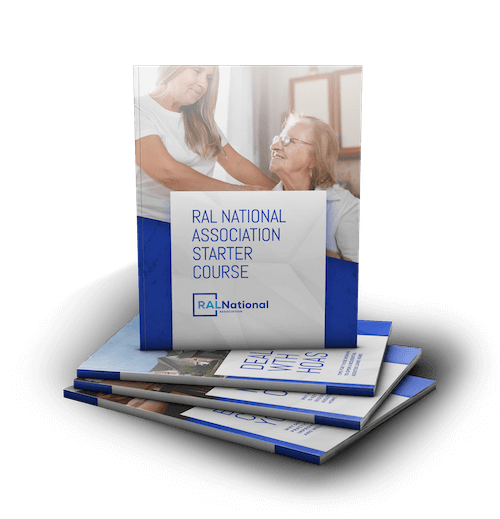Funding for Distressed Facilities
Oregon has proposed a regulation to adopt rules to distribute funds under the new Community-Based Care (CBC) Distressed Provider Relief Fund established by the Oregon Legislature. This Fund provides a financial assistance grant to CBCs – which includes assisted living facilities, residential care facilities, and memory care facilities – who are experiencing financial hardships and contemplating closure.
The proposed rules will grant funds to the facilities who are experiencing or facing insolvency or significant cash flow problems and may be at risk of closure in the next six months.
The Department will prioritize funding based on following criteria:
(1) Facilities who meet the definition of Essential Facility;
(2) High Medicaid Occupancy on a date specified by the Department;
(3) Facilities who are actively in the process of closing or are at a significant risk of closing their facility due to a Financial Hardship;
(4) Facilities that can demonstrate the potential for viability with a cash assistance grant; and
(5) Facilities with demonstrated regulatory record of ensuring patient safety.
A facility will be required to submit a Statement of Need and provide supporting documentation.
Initial applications for the CBC Distressed Provider Relief Fund must be submitted to the
Department during the open application submission timeframe as announced by the Department. This deadline is not contained in the proposed rule. The Department may announce subsequent application periods through policy guidance or provider alert if funding remains after the initial application.
RALNA members in Oregon are advised to watch for further communication from the Department about when it opens the application period.
Vaccination Reporting
The Department currently requires vaccination data across all long-term care facility types to be reported weekly to the Oregon Health Authority. The data needs to be reported timely, so the Authority has an accurate assessment of the vaccination efforts and overall risks to vulnerable adults. The Department is amending rules to allow imposition of civil penalties when facilities fail to report timely. Under the proposed rule, the Department may impose a $250 daily penalty if weekly reporting of vaccination data is not submitted on time.
This rule will be the subject of a hearing on June 22, 2022 at 10:00 am. Comments can be submitted by June 29, 2022 at 5:00 pm to:
Kristina Kraus
[email protected]
503-339-6104
Requirements for an Acuity-Based Staffing Tool
This regulation attempts to implement two bills adopted by the state legislature in 2021 dealing with appropriate staffing numbers for assisted living and residential care facilities. SB714 requires facilities select an Acuity-Based Staffing Tool and use the tool to determine staffing levels. SB266 establishes a process for the Department to follow when regulating licensing violations.
An “Acuity-Based Staffing Tool” (ABST) is used by a facility to assess the acuity of each resident and determine the amount of staff time necessary to meet the 24-hour scheduled and unscheduled needs of each resident. Facilities may choose to use the tool established by the
Department, the ODHS ABST, or use another acuity-based staffing tool
The Department acknowledges that there will be additional costs to providers due to this rule. Although many, if not most, facilities already have an acuity-based staffing tool in place, there will be staff time involved in ensuring that the facility’s tool applies to every ADL in the manner required by the rule.
This rule was the subject of a hearing on May 18, 2022. Comments can still be submitted by June 1, 2022 at 5:00 pm to:
Lynn Beaton
[email protected]
503-509-7076
Administrators Need Cultural Competency Continuing Education
Under a regulation that closed for comment in April 2022, Long Term Care Administrators Board licensees must get one hour of cultural competency continuing education every other year.
Room and Board Facilities
The Department has substantial revised the regulation pertaining to Room and Board facilities, which are defined as “a facility that offers to the general public living accommodations and meals for compensation to two or more adults who are elderly or disabled, . . . not related to the operator by blood or marriage.”
If a facility is providing care, rather than just room and board, it must register as an adult foster home or residential care facility.
Any RALNA member operating a Room and Board facility are advised to carefully review the new rules.
To view or track bills and regulations that we’re watching, go to RALNA’s real-time tracking boards:











